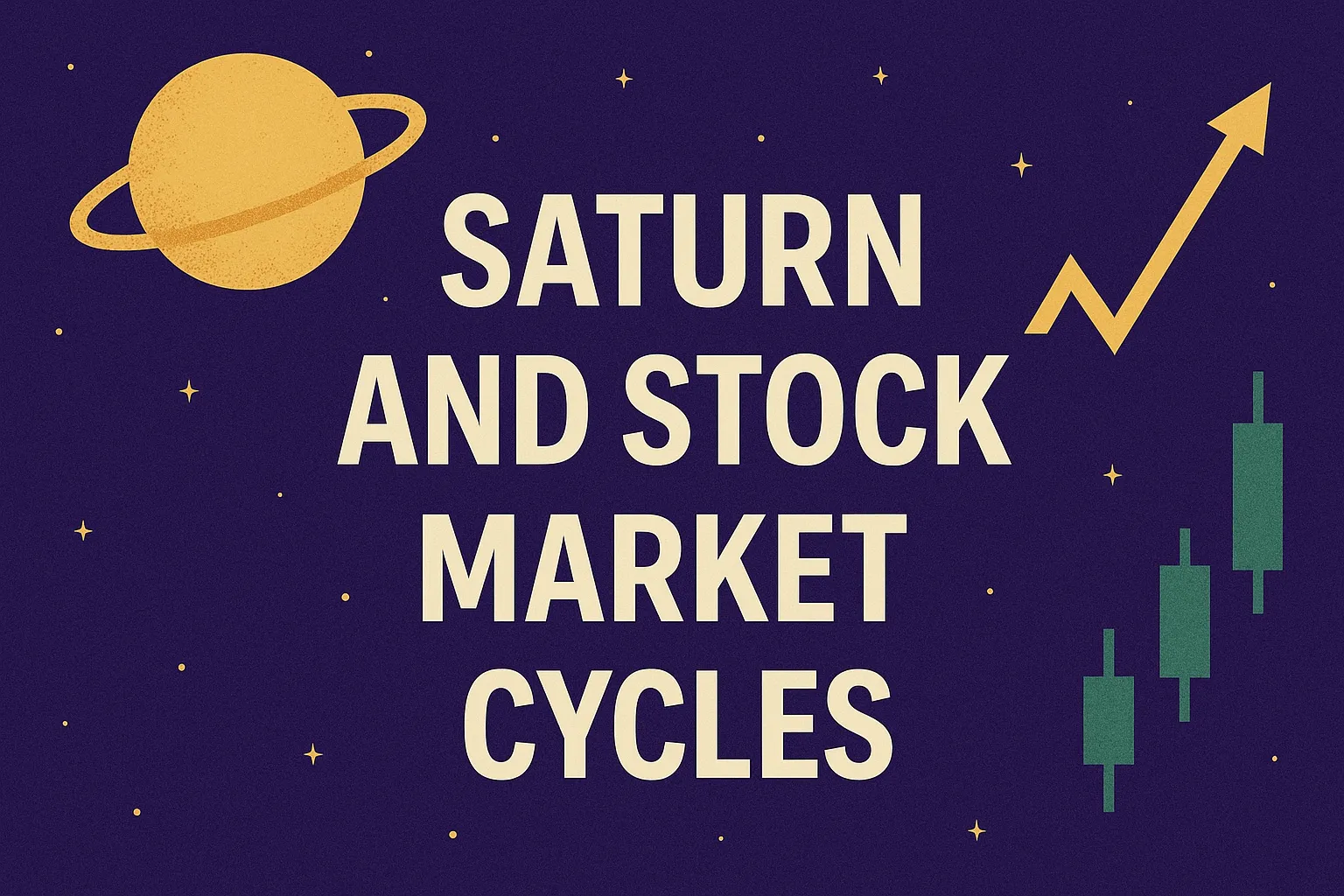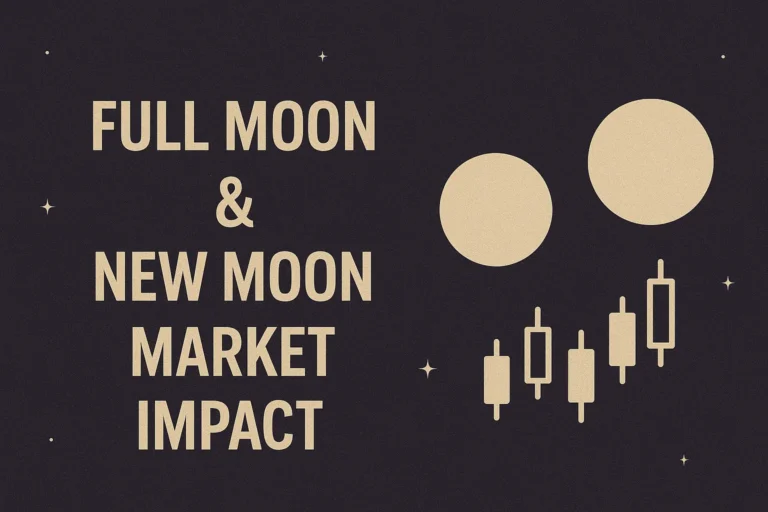Saturn and Stock Market Cycles
In Vedic astrology, Saturn (Shani) is the planet of structure, discipline, and long-term growth. While often feared for its slow and restrictive nature, Saturn plays a vital role in shaping stock market cycles, including corrections, consolidations, and sustainable bull runs.
This article explores how Saturn’s transits influence market behavior, investor psychology, and sector rotation—making it an essential planet for long-term traders and investors to understand.
Who Is Saturn in Vedic Astrology?
Saturn is a slow-moving outer planet, taking approximately 2.5 years to transit each zodiac sign and 29–30 years to complete one full cycle. In Vedic thought, Saturn governs karma, time, limitations, responsibility, and economic cycles.
In stock market terms, Saturn acts as a market regulator, slowing down irrational exuberance and enforcing reality checks.
How Saturn Affects the Stock Market
1. Market Corrections and Pullbacks
- Saturn triggers sell-offs when valuations become excessive or fundamentals are ignored.
- Its aspects with the Moon, Mars, or Mercury often coincide with fear-driven pullbacks.
2. Long-Term Consolidation Phases
- When Saturn transits earthy or fixed signs (e.g., Capricorn, Taurus), markets tend to consolidate.
- These are periods of accumulation, testing investor patience but laying a base for future rallies.
3. Karmic Restructuring in Sectors
- Saturn’s influence can lead to stricter regulations or shake-ups in weak companies or industries.
- Sectors like real estate, infrastructure, and heavy industries are directly influenced by Saturn.
4. Investor Discipline and Fear Cycles
- Saturn tests emotional discipline. It rewards patience, research, and strategy.
- Traders acting impulsively during Saturn periods often face losses or slow recoveries.
Historical Saturn Transits and Market Cycles
| Transit Period | Market Impact |
|---|---|
| 2008 (Saturn in Leo, aspecting Ketu) | Global Financial Crisis—massive sell-off |
| 2017–2020 (Saturn in Sagittarius/Capricorn) | Strong bull market followed by COVID-led crash |
| 2020–2023 (Saturn in Capricorn/Aquarius) | Consolidation, sectoral churn, rise of value investing |
Saturn’s transitions often bookend major cycles, forcing markets to reassess fundamentals and trim speculative excesses.
Saturn Retrograde and Market Sentiment
During retrograde, Saturn’s restrictive influence is intensified. This period:
- Slows market momentum
- Increases uncertainty or doubt
- Often brings back issues from the past (e.g., policy rollbacks, financial frauds)
Investors are advised to review portfolios, cut speculative trades, and reassess strategies during Saturn retrograde.
Trading Tips During Strong Saturn Phases
- Focus on Value Over Hype
Saturn rewards fundamentals and punishes short-term speculation. - Avoid Impulsive Trading
Fear-based decisions during Saturn phases often lead to regret. - Build Long-Term Portfolios
Best time for slow accumulation in blue-chip and dividend-paying stocks. - Respect Time and Cycles
Saturn favors those who think in years, not minutes. Patience pays.
Sade Sati and Personal Market Cycles
If Saturn is transiting over your natal Moon (Sade Sati period), you may experience:
- Financial pressure or learning curves
- Emotional stress in trading decisions
- Need to simplify and realign strategies
This is a time to scale down, avoid over-leverage, and focus on learning and rebuilding.
Conclusion
Saturn governs the hard lessons of the stock market. Its cycles are not about fear—they’re about sustainability, responsibility, and inner growth. By aligning your trading and investment strategies with Saturn’s timing, you gain a long-term edge that balances ambition with discipline.
Understanding Saturn isn’t just for astrologers—it’s for any investor who wants to weather storms and build lasting wealth.
FAQs
1. Is Saturn always bearish for the stock market?
Not always. While it brings corrections and slowdowns, it also supports strong foundations and long-term bull runs.
2. How long does Saturn stay in one sign?
Approximately 2.5 years per sign.
3. What sectors are ruled by Saturn?
Infrastructure, heavy industries, steel, mining, construction, and insurance.
4. How does Saturn retrograde affect trading?
It increases uncertainty. Avoid aggressive positions and reassess your portfolio during this time.
5. What is the best way to trade during Saturn transits?
Stay disciplined, avoid speculation, and focus on high-quality stocks with strong balance sheets.


